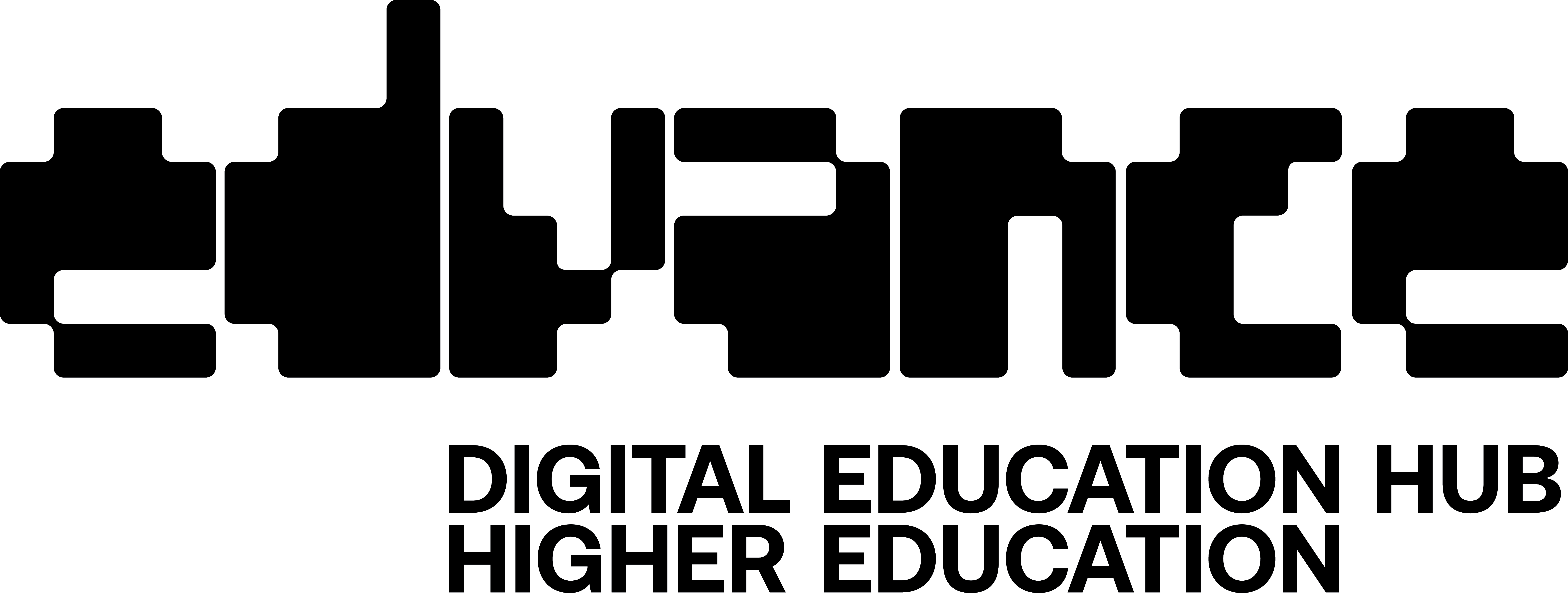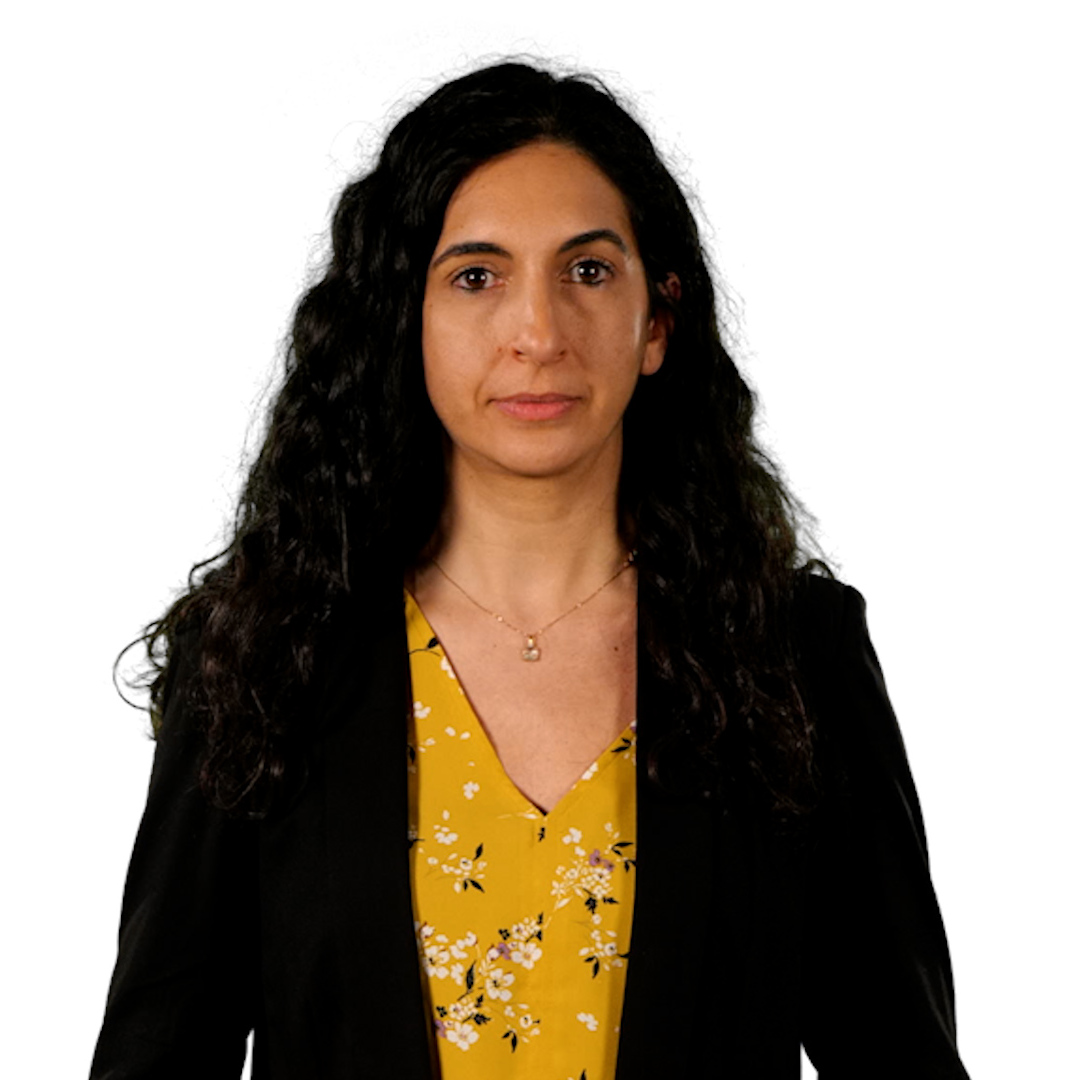Log in and enrol
Introduction to Green Information Systems and Technologies
Introduction to Green Information Systems and Technologies
An analysis of the measurement of the environmental impacts of information technologies and the solutions proposed in the literature to reduce these impacts
This course is part of
Course description
In today’s context—marked by growing environmental challenges and the urgent need for a transition toward a sustainable economy—Green Information Technologies (Green IT) play a crucial role. This course provides an overview of the principles, strategies, and technologies designed to reduce the environmental impact of IT by promoting energy efficiency, responsible resource use, and sustainable data management. We will explore how organizations can integrate innovative solutions to contribute to a more sustainable future. The course will offer a broad overview of the environmental sustainability issues related to IT. We will then focus on both infrastructural and application-level aspects, analyzing how energy consumption and environmental emissions can be measured and reduced in each area.
Total workload: 25 hours
This MOOC is offered by Politecnico di Milano.
This MOOC was produced as part of the Edvance project – Digital Education Hub per la Cultura Digitale Avanzata. The project is funded by the European Union – Next Generation EU, Component 1, Investment 3.4 “Didattica e competenze universitarie avanzate".






Intended Learning Outcomes
By the end of this course, participants will be able to:
- Identify and classify the main metrics used to estimate the energy consumption of IT at both the hardware and software levels
ESCO: computer engineering ESCO: information and communication technologies ESCO: green computing - Describe the techniques for reducing the energy consumption and environmental impact of IT
ESCO: sustainable technologies - Discuss the main challenges in measuring and reducing the energy and environmental impacts of modern data centers and the applications they host
ESCO: database and network design and administration
Prerequisites
No specific prior knowledge is required to follow the course.
Activities
In addition to accessing the course content, which includes videos and other online resources, you will be able to discuss and exchange ideas on the MOOC topics with other participants through the Forum. The forum is open-access and not moderated by the instructor. The instructor will propose reflective and in-depth activities for you to share with other participants.
Section outline
-
-
-
-
-
Video transcripts Folder
-
Assessment
Your final grade for the course will be based on the results of your answers to the assessed quizzes. You have an unlimited number of attempts at each quiz, but you must wait 15 minutes before you can try again. You will have successfully completed the course if you score 60% (or higher) in each one of the assessed quizzes. The maximum score possible for each quiz is given at the beginning of the quiz. You can view your score in the quiz on your last attempt or on the 'Grades' page.
Certificate
You can achieve a certificate in the form of an Open Badge for this course, if you reach at least 60% of the total score in each one of the assessed quizzes and fill in the final survey.
Once you have completed the required tasks, you will be able to access ‘Get the Open Badge’ and start issuing the badge. Instructions on how to access the badge will be sent to your e-mail address.
The Badge does not confer any academic credit, grade or degree.
Information about fees and access to materials
You can access the course completely online and absolutely free of charge
Course faculty

Monica Vitali
Teacher
Monica Vitali is an Associate Professor at the Department of Electronics, Information and Bioengineering (DEIB) at Politecnico di Milano, Italy, since June 2024. Her main research interests focus on energy efficiency and quality of service in information systems. She investigates new strategies to enhance the efficiency of data centers, cloud, and fog computing by applying advanced artificial intelligence and machine learning techniques. Her work centers on the adaptation and self-adaptation of complex systems, exploring how these systems can automatically adjust in response to specific problems. In particular, she has conducted in-depth studies on the energy sustainability of applications in cloud and fog infrastructures, the energy impact of artificial intelligence, data quality in big data environments, and event analysis and process management in the context of Ambient Assisted Living and Smart Cities. She has been working on topics related to the energy and environmental impact of data centers since 2010, publishing over 20 papers in prestigious journals and conferences in the field.
Contact details
If you have any enquiries about the course or if you need technical assistance please contact pok@polimi.it. For further information, see FAQ page.
